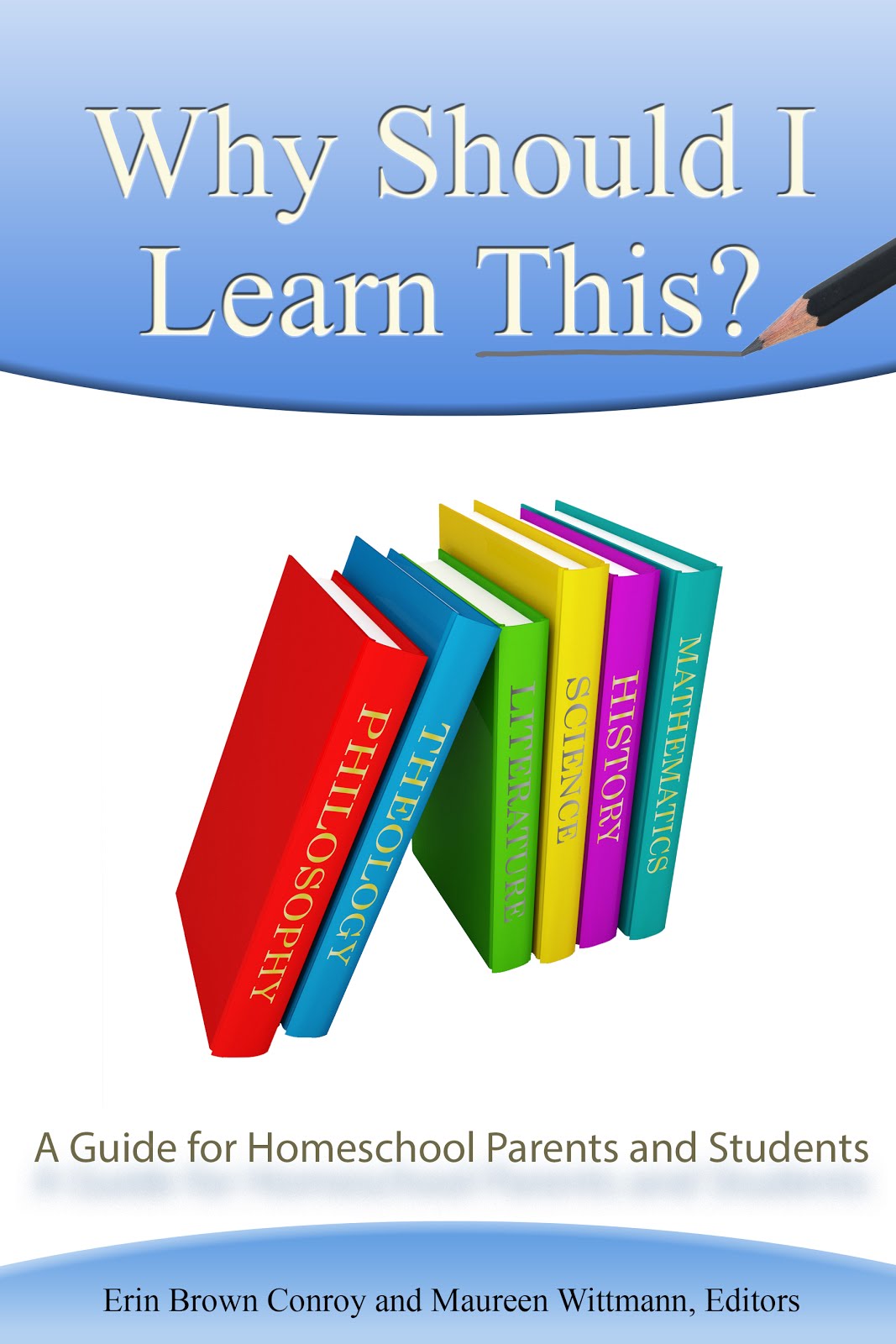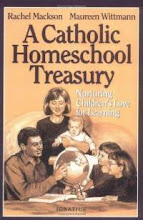 (Note to parents. This reading list would also work well with grade school children if you read aloud together.)
(Note to parents. This reading list would also work well with grade school children if you read aloud together.)
Dear Students,
If you also enjoyed learning about the Ancient Greeks and would like to keep learning, here is a reading list with some great books on the subject (compliments of
For the Love of Literature). You should be able to find most on your public library’s shelf or through inter-library loan. I hope you’ll pick up one or two or maybe even three to read before we meet again for our
study into Ancient Rome in January.
Mrs. Wittmann
by Ingri and Edgar d’Aulaire – We highly recommend this classic on audio to hear the correct pronunciations of the Greek names.
Ancient Greece (DK Eyewitness) – Photo essay of the ancient Greeks. Learn the history of their culture, philosophy, science, medicine, and the role geography played.
Homer (c. 800BC)
Black Ships Before Troy: The Story of the Iliad by Rosemary Sutcliff – A modern retelling of
The Illiad.
It’s the story of the Trojan War, from the quarrel for the golden apple, and the flight of Helen with Paris, to the destruction of Troy.
The Trojan War by Olivia Coolidge – Reading before taking on
The Iliad will help with background information and bring about better understanding. (We recommend the Fitzgerald translation when you get to high school.)
Persian Wars (490-479 BC)
Herodotus of Halicarnassus (c. 484-425 BC)
History of the Persian Wars by Herodotus – Herodotus is known as the “Father of History” even though some inaccuracies can be found in his work. He presents an in-depth look into the Persian Wars. Though thousands of years old, this work is readable for an advanced middle-school student.
Herodotus and the Road to History by Jeanne Bendick (Bethlehem Books) – “Jeanne Bendick's lucid text, humorous illustrations and helpful maps entertain and instruct as they open the way for readers young and old to once again join Herodotus . . . on the road to history.”
Golden Age of Athens (479-430 BC)
Archimedes (272-212 BC), Greece – Inventor and Mathematician
The Sand Reckoner by Gillian Bradshaw – This historical fiction based on the life of Archimedes could also be tied into math.
Archimedes and the Door of Science by Jeanne Bendick [Bethlehem Books] – A real gem, the story and illustrations present scientific principles and the details of Archimedes life clearly and enjoyably.
Galen (129-c.200), Greece – Physician, Writer, and Philosopher
Galen and the Gateway to Medicine by Jeanne Bendick [Bethlehem] – Galen was the chief physician to the gladiators. He was also the first to show arteries carry blood, not air.
 German I, Part Two is open to any student wishing to jump in with a great group of eager students who are continuing from the fall. You need only have an introduction to German yourself and a good work ethic to find yourself quickly caught up with the rest of them! (Click on the course title to learn more or register.)
German I, Part Two is open to any student wishing to jump in with a great group of eager students who are continuing from the fall. You need only have an introduction to German yourself and a good work ethic to find yourself quickly caught up with the rest of them! (Click on the course title to learn more or register.)













